Posts Tagged "public transportation"
Los Angeles’s “No Car” Olympic Games are important beyond 2028
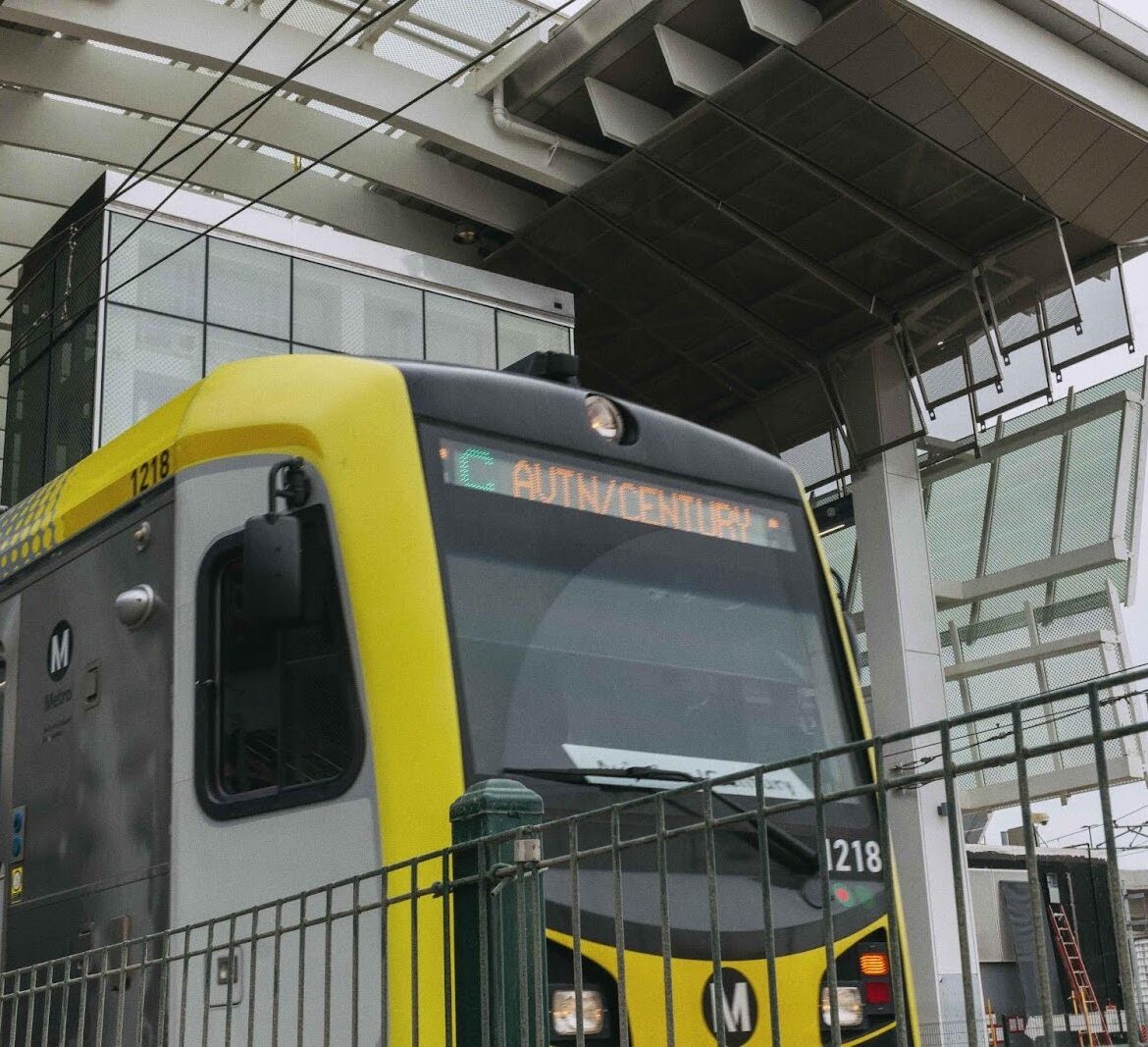
The opening of LAX/Metro Transit Center Station on the Los Angeles Metro is a major milestone in the city’s history and is vital for the 2028 Summer Olympics, but there are far more reasons to invest in alternative transportation options beyond major sporting events. The grand opening of a long awaited station This year, the […]
Transit Equity Day highlights the need for transit in rural communities
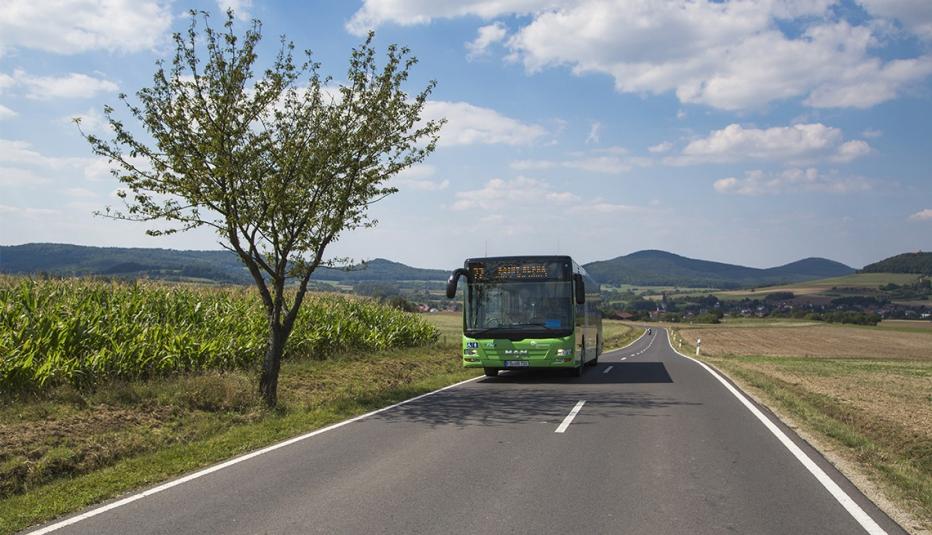
Transit Equity Day—which honors Civil Rights Leader Rosa Parks—is on February 4th. As we celebrate the importance of ensuring people of all backgrounds and abilities are able to use transportation, it is imperative to highlight communities that are often left out of the public transit conversation: rural communities. All communities and people deserve transit options […]
Transit adaptability during the COVID-19 pandemic
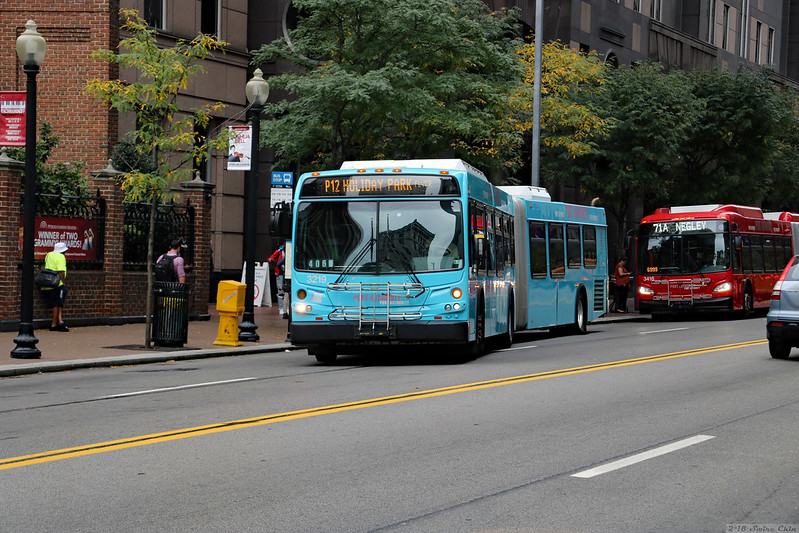
Transit agencies across the United States have struggled with decreased ridership, safety hazards, and low morale as a consequence of the COVID-19 pandemic. Yet some have responded by changing their approach to better serve everyday riders, make transit free or more affordable, and rethink what the future of transit should look like to reduce emissions and provide access for those who need it most.
Reducing emissions with better transit, part three: Examples from leading cities
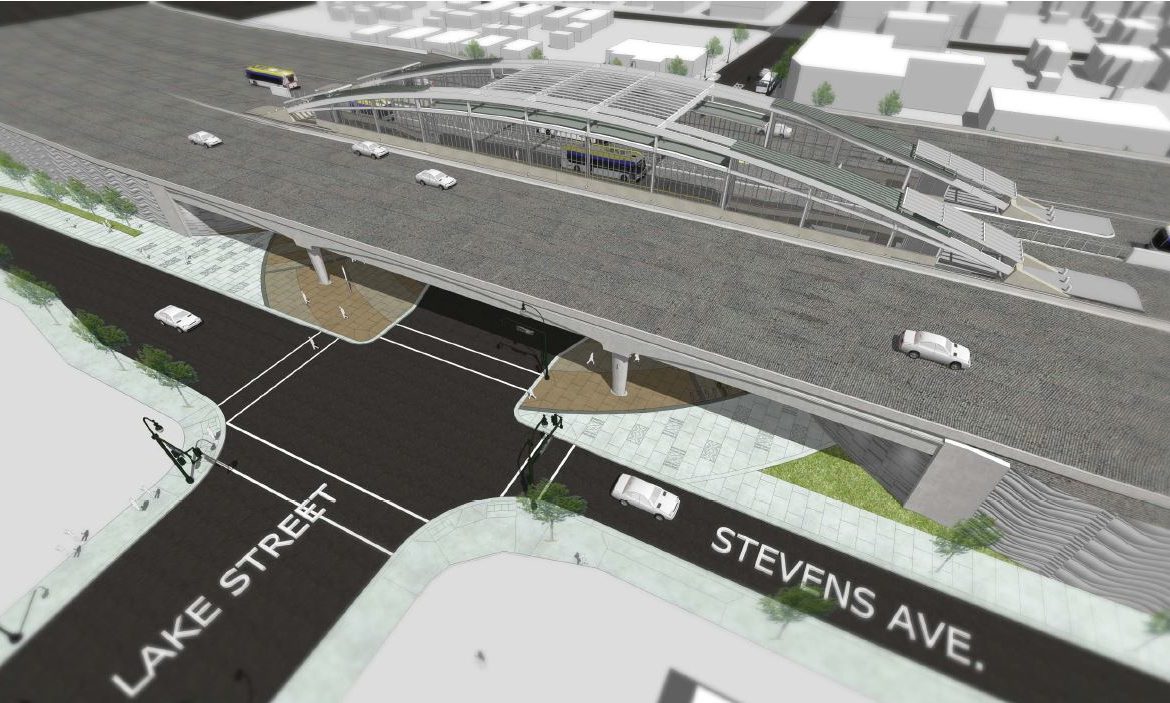
reater transit use is key for lowering emissions, and cities across America are reconsidering how they serve their residents with public transit—and the land uses that encourage better service and ridership. Several cities are laying the groundwork to make this happen—even outside of the “transit hotspots” one may expect.
What would a Green New Deal for transportation look like?
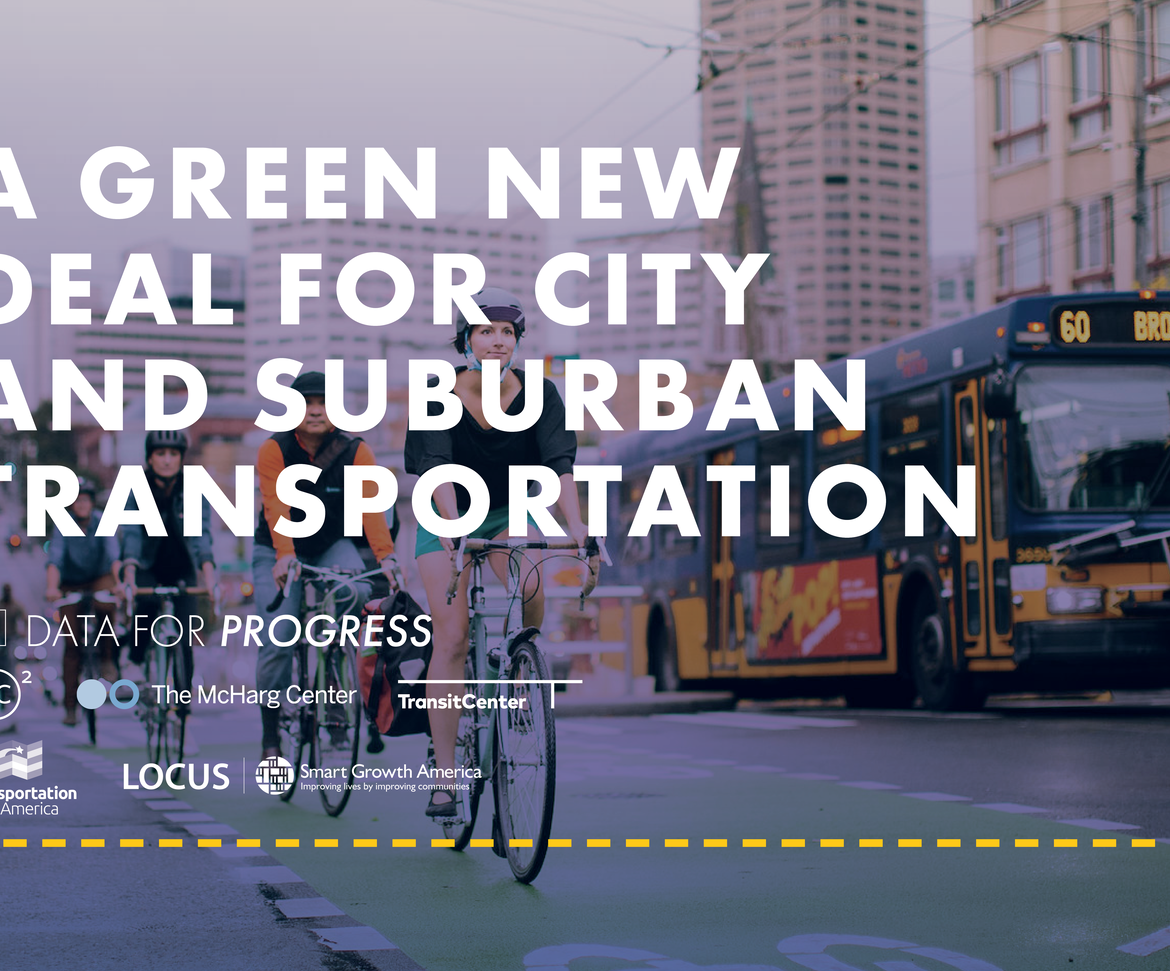
Current federal transportation policy is diametrically opposed to climate action. The Green New Deal framework released a year ago mostly left that unchanged. But a new report T4America contributed to fills in those gaps and gives transportation policy the same visionary makeover to show what we could achieve if our transportation and climate goals were aligned.
KC Streetcar supports jobs locally and across the U.S.
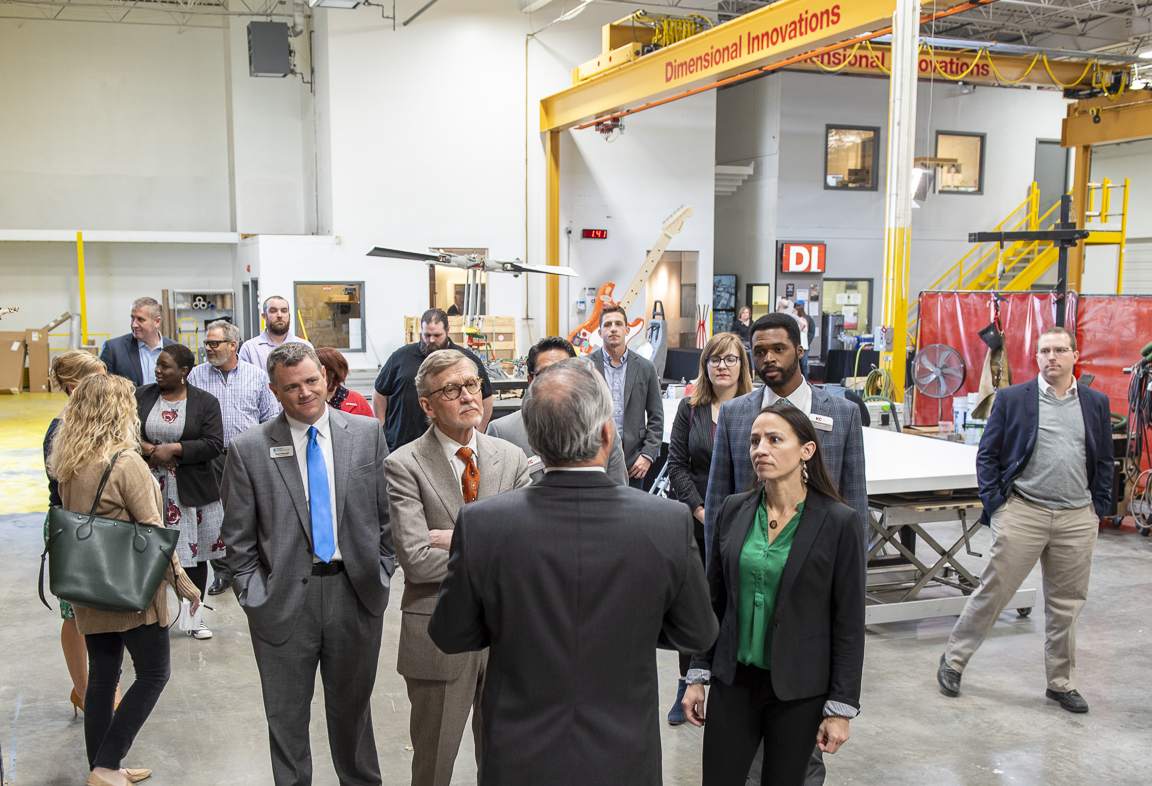
Last month Transportation for America’s Chairman John Robert Smith traveled to Overland Park, KS to discuss the economic impact of public transportation dollars on local manufacturing jobs with state and local leaders. Local manufacturer Dimensional Innovations (DI) hosted the event at their facility where attendees saw the recently constructed shelters destined for the Kansas City Streetcar. Transit shelters are one part of the transit supply chain with over 20 percent of DI’s business stemming from public transportation.
Catch up with the launch discussion of our new guide for improving & expanding transit
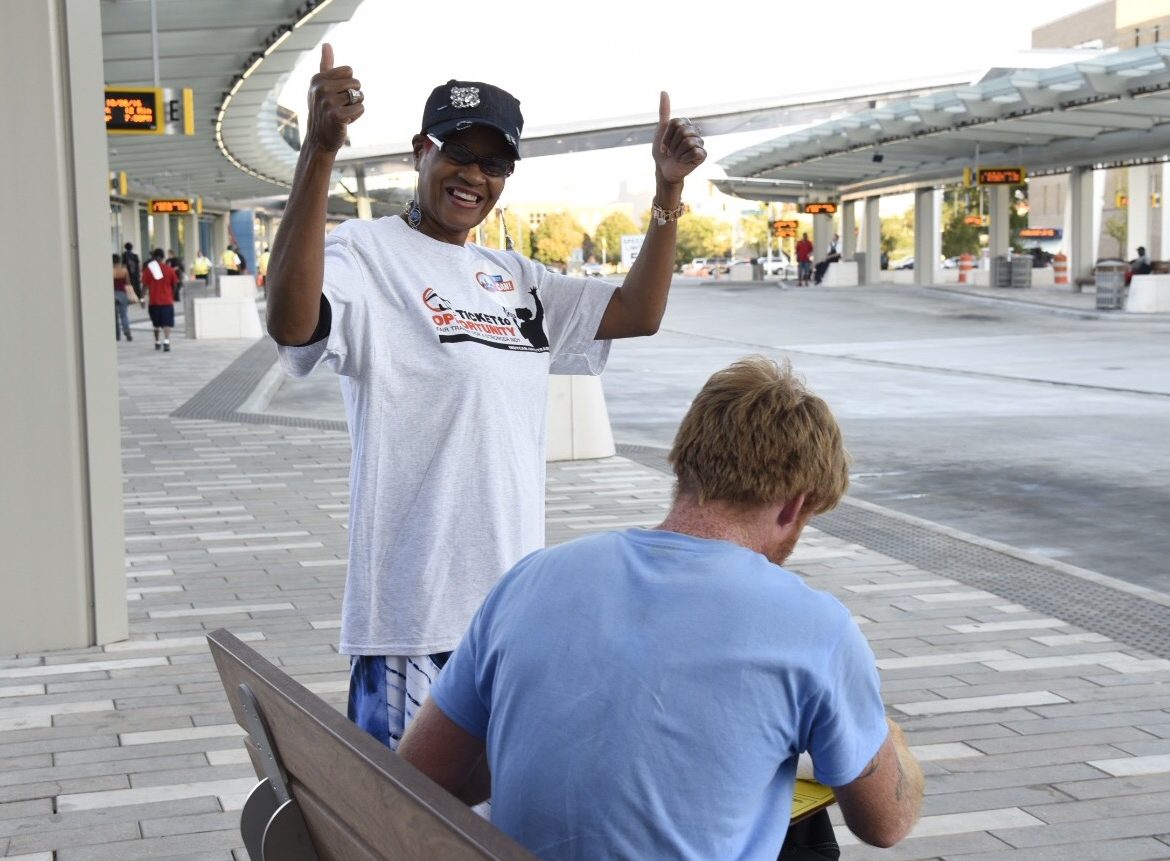
Catch up with yesterday’s launch webinar for T4America’s new guidebook, Fight for Your Ride: An advocate’s guide for expanding and improving transit, which offers tangible ways to improve transit in your city and region.
Can-do places: How Seattle is accommodating population growth and sustaining economic growth while maintaining quality of life
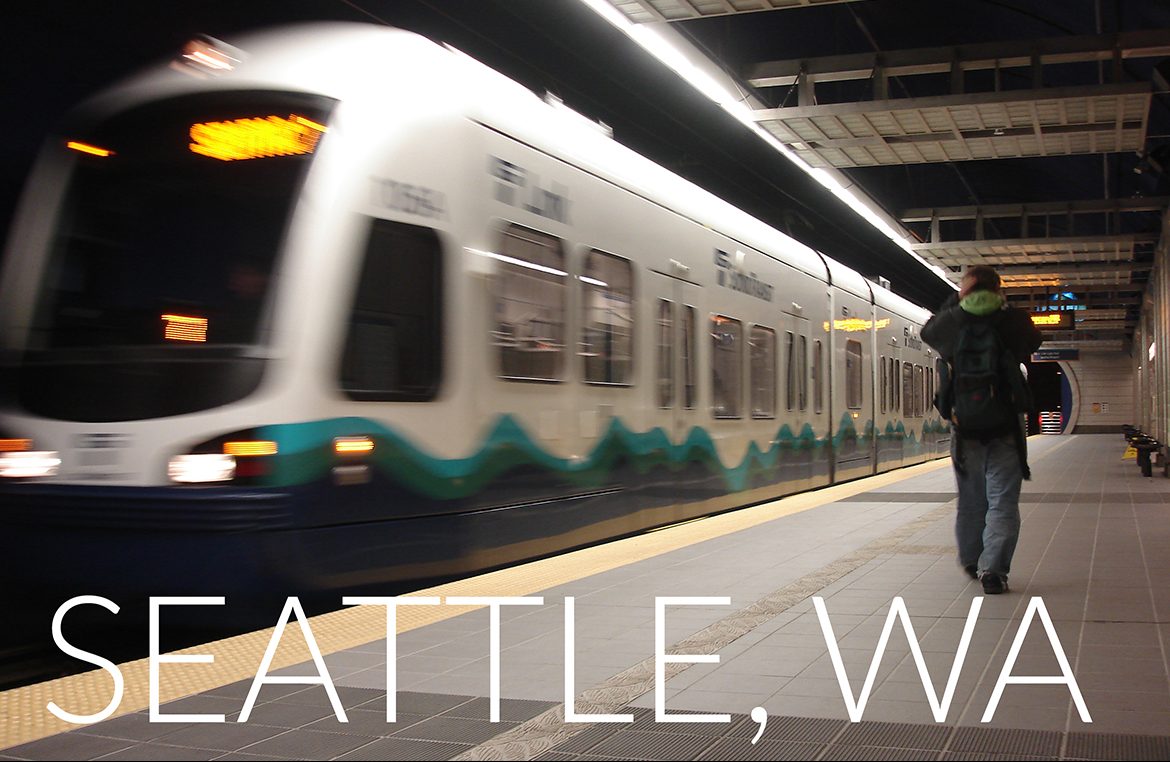
This story from Seattle, Washington is the seventh in our series of stories illustrating how local communities across the country are casting a vision and often putting their own skin in the game first with local funding while hoping for a strong federal partner to make those plans a reality.
After city council action, Indy voters will decide on expanding and improving regional transit this November
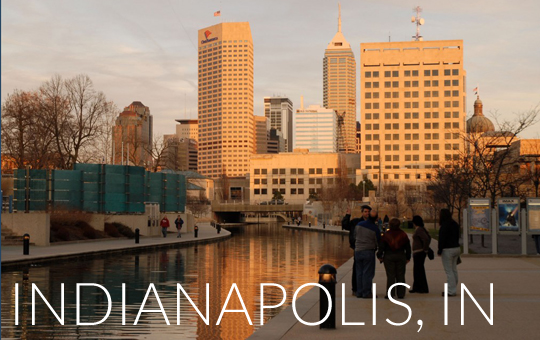
Indianapolis took another big step forward this week in their ongoing efforts to expand and improve transit service across the city and region. Monday night, the Indianapolis City-County Council voted to place a measure on this November’s ballot to allow voters to decide whether or not to raise new funding for transit service.
Join us next week for an online discussion about “Buses Mean Business”
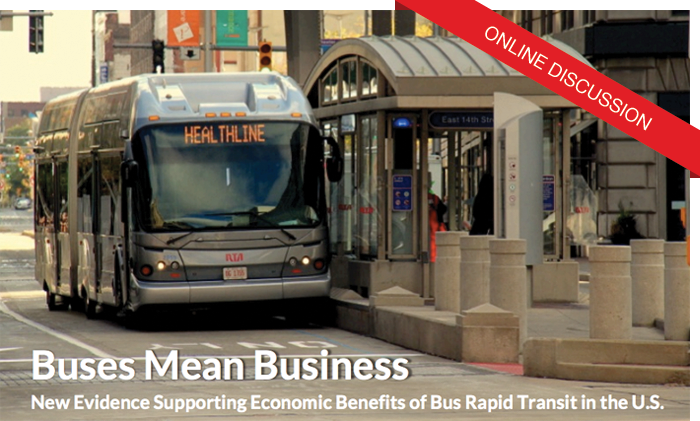
Join us on Monday, January 25, 2016 at 3:30pm EST to learn all the details of this new research from the report’s author, as well as what this means for communities considering a BRT line.
New study finds positive economic development benefits associated with bus rapid transit projects
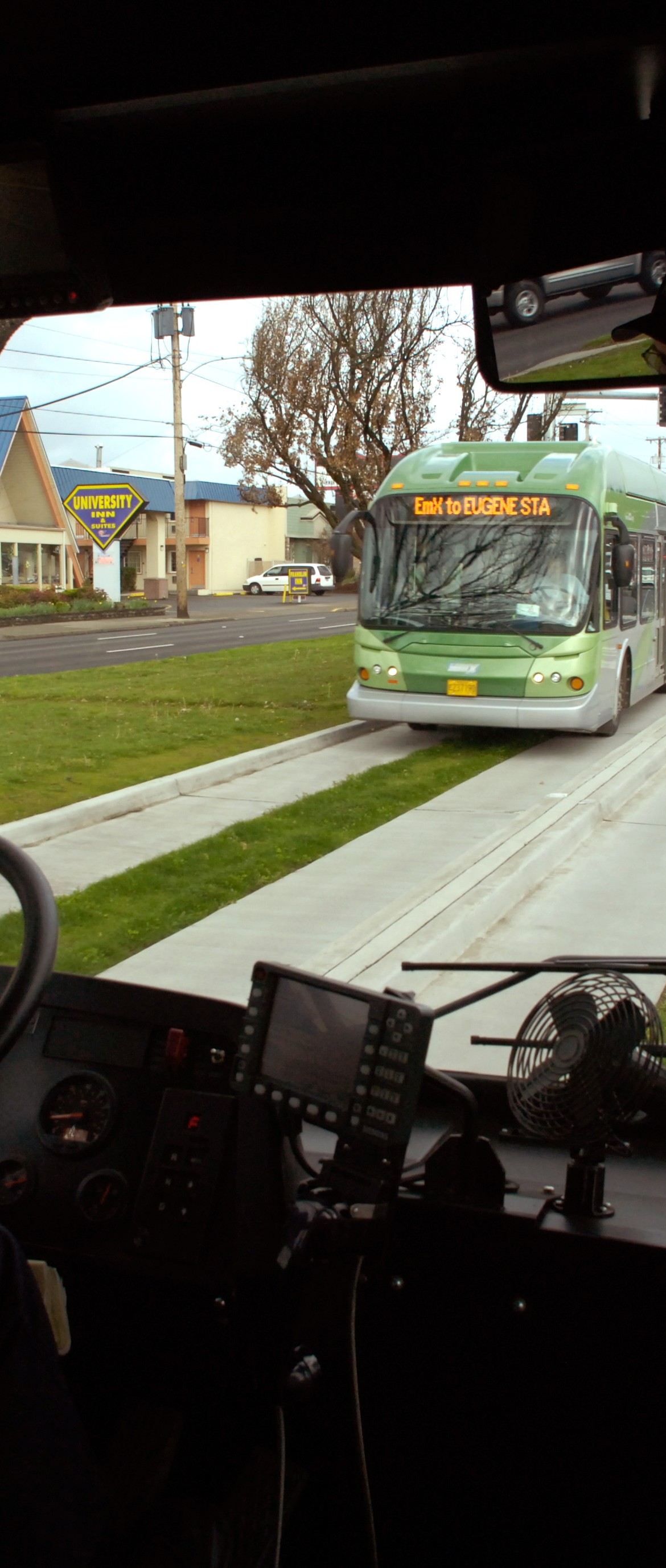
Today T4America unveiled the findings of a new peer-reviewed study that examined existing bus rapid transit (BRT) lines and found strong evidence that BRT systems in the U.S. can indeed generate economic development, attract jobs, retail and affordable housing — at a cost that’s well within reach for many mid-sized American cities.
Finding inspiration in another city’s successful expansion of public transportation
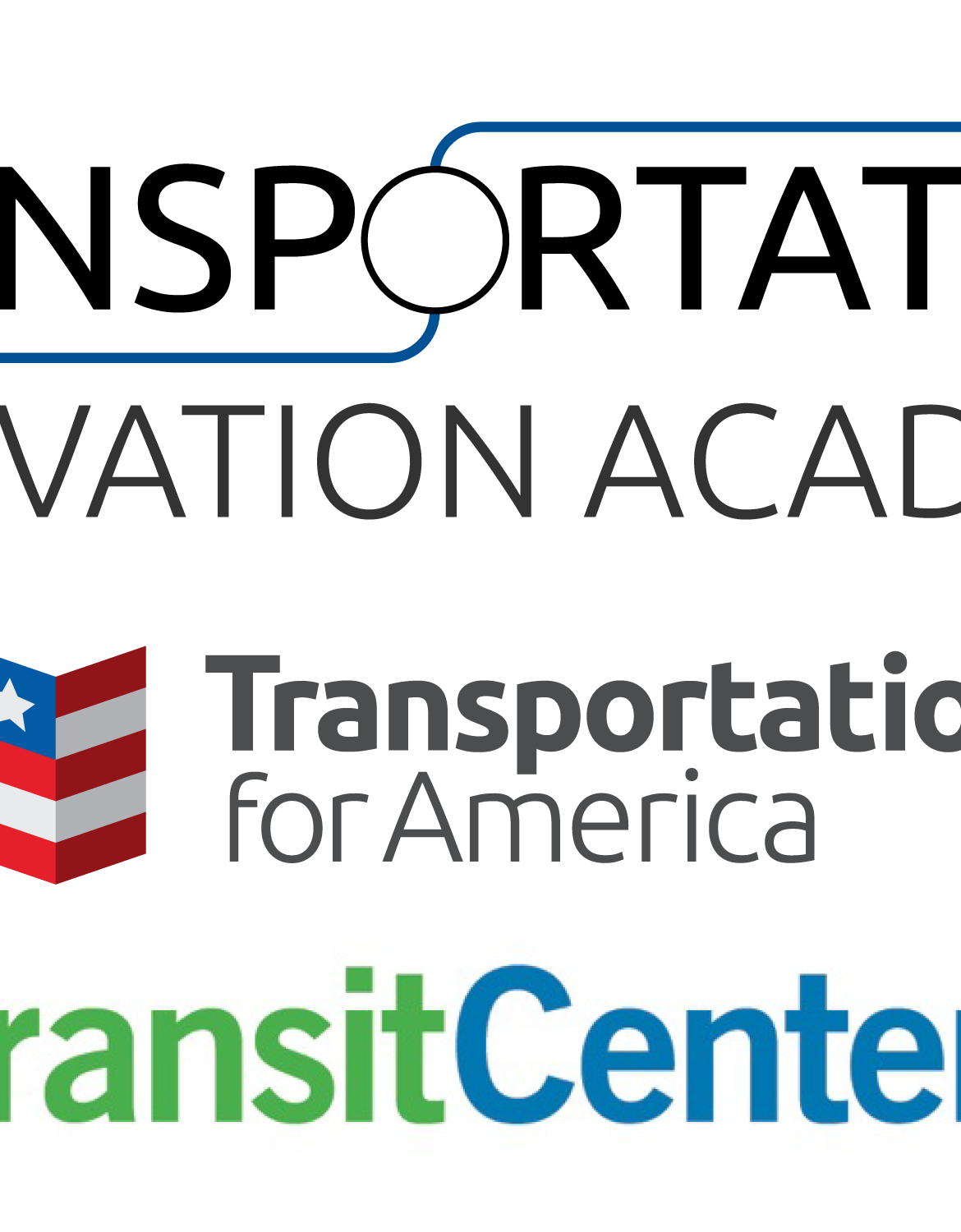
This week, 21 local leaders from three different regions with ambitious plans to invest in public transportation will be traveling to Denver to hear about how that region built an economic development strategy around investing in new public transportation.
With cities and suburbs clamoring to build new transit systems, a new book showcases creative financing approaches for getting them built
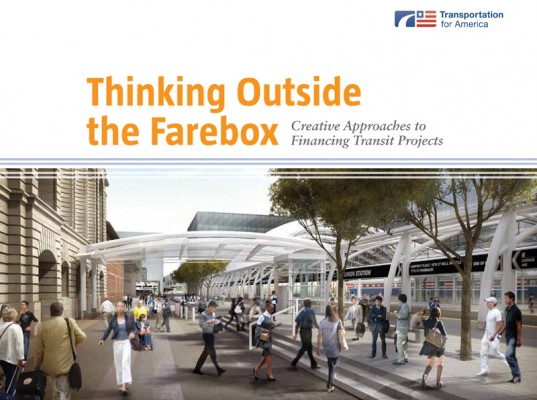 The demand for public transit is at its highest point in 50 years, and more communities then ever before are looking for funds to build and operate rail and bus lines. Despite the challenges posed by ideological gridlock in Congress, dwindling federal gas tax revenues, and the elimination of earmarks, many communities are finding creative ways to move ahead.
The demand for public transit is at its highest point in 50 years, and more communities then ever before are looking for funds to build and operate rail and bus lines. Despite the challenges posed by ideological gridlock in Congress, dwindling federal gas tax revenues, and the elimination of earmarks, many communities are finding creative ways to move ahead.
Is metro Atlanta vote a bellwether for transportation funding?
 The Atlanta region soundly rejected a penny sales tax to fund $7.1 billion in new transportation improvements for the traffic-snarled region. Coming on the heels of the passage of MAP-21, a federal bill indicating a shrinking federal role in transportation funding, many wondered: Will metro regions and localities be able to bootstrap their way out of congestion and mobility woes? Was the failure of Atlanta’s transportation vote a bellwether for votes in other states and metros?
The Atlanta region soundly rejected a penny sales tax to fund $7.1 billion in new transportation improvements for the traffic-snarled region. Coming on the heels of the passage of MAP-21, a federal bill indicating a shrinking federal role in transportation funding, many wondered: Will metro regions and localities be able to bootstrap their way out of congestion and mobility woes? Was the failure of Atlanta’s transportation vote a bellwether for votes in other states and metros?
Today is the “Don’t X Out Public Transportation” day of action
15 events around the country today highlight the devastating impact of the House’s initial transportation proposal that would make a 35 percent cut to public transportation. Today is the “Don’t X Out Public Transportation” day of action to highlight the crippling impacts of the proposed 35 percent cut to public transit. The events are being held in 15 cities in cooperation with the American Public Transportation Association and a number of key partners to let Congress know that deep cuts mean Americans losing their jobs or their ability to get to their jobs, as well as groceries and essential services.
“Passengers” documentary features diverse voices on transportation
A newly-released documentary available both on radio and online surveys a variety of Americans about their perspectives on the nation’s public transportation system. “Passengers,” as the program was dubbed, aired on WAMU (D.C.’s NPR affiliate), a number of public radio stations in most major U.S. markets and nationwide on NPR World and NPR’s Sirius XM […]
America’s transit systems require $77.7 billion just to reach a state of good repair
Failure to keep up with regular maintenance and repair in many of our country’s public transportation systems due to tightened budgets is literally slowing us down, through longer commutes, unreliable service and reduced access, exacerbating the effects of a down economy and high unemployment. A study prepared by the Federal Transit Administration reveals chronic underinvestment in the nation’s transit systems and estimates $77.7 billion is needed just to rehabilitate what we already have.
American Conservative magazine “rails against the machine,” promotes alternatives to the automobile
 William Lind, a respected figure in right-wing circles, is adamant that public transportation shouldn’t be politically divisive, explaining why in “Rail Against the Machine,” featured in this month’s American Conservative magazine — part of a special package on public transportation with contributions from a host of special authors.
William Lind, a respected figure in right-wing circles, is adamant that public transportation shouldn’t be politically divisive, explaining why in “Rail Against the Machine,” featured in this month’s American Conservative magazine — part of a special package on public transportation with contributions from a host of special authors.
Cleaner buses can create jobs, improve the environment
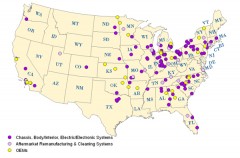 A new study by Duke University illuminates the fact that thousands of green jobs are waiting to be tapped in transit bus manufacturing — if the federal government will make a sustained commitment to investing in public transportation. Jobs in and related to public transportation are some of the lowest hanging fruit in the push for green jobs, so what’s keeping the domestic manufacturing industry from ramping up?
A new study by Duke University illuminates the fact that thousands of green jobs are waiting to be tapped in transit bus manufacturing — if the federal government will make a sustained commitment to investing in public transportation. Jobs in and related to public transportation are some of the lowest hanging fruit in the push for green jobs, so what’s keeping the domestic manufacturing industry from ramping up?
SGA analysis reveals transportation projects create the most jobs at the lowest cost
 A new analysis of federal stimulus spending, co-authored by Smart Growth America, the Center for Neighborhood Technology and U.S. PIRG, reveals that during the first ten months of the American Recovery and Reinvestment Act (ARRA), investments in public transportation produced twice the jobs per billion dollars as did highway projects.
A new analysis of federal stimulus spending, co-authored by Smart Growth America, the Center for Neighborhood Technology and U.S. PIRG, reveals that during the first ten months of the American Recovery and Reinvestment Act (ARRA), investments in public transportation produced twice the jobs per billion dollars as did highway projects.


















